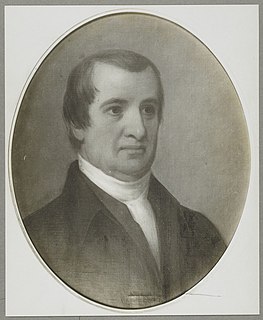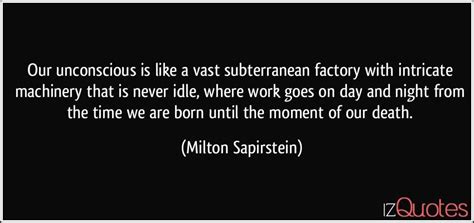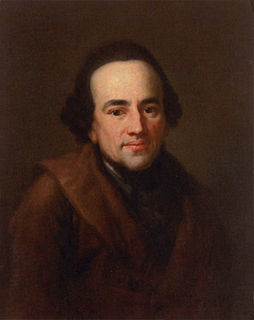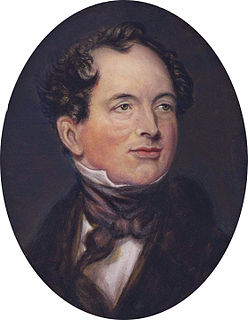A Quote by Leo Tolstoy
We call beauty that which supplies us with a particular pleasure.
Related Quotes
When we have an experience -- hearing a particular sonata, making love with a particular person, watching the sun set from a particular window of a particular room -- on successive occasions, we quickly begin to adapt to it, and the experience yields less pleasure each time. Psychologists call this habituation, economists call it declining marginal utility, and the rest of us call it marriage
We have no knowledge, that is, no general principles drawn from the contemplation of particular facts, but what has been built up by pleasure, and exists in us by pleasure alone. The Man of Science, the Chemist and Mathematician, whatever difficulties and disgusts they may have had to struggle with, know and feel this. However painful may be the objects with which the Anatomist's knowledge is connected, he feels that his knowledge is pleasure; and where he has no pleasure he has no knowledge.
I grew up in what you might call a relentlessly creative household. We were given art supplies, music supplies... Our mother knew enough to get us started and then stand back and not meddle. My parents never said to us, 'Don't you think you'll need something to fall back on?' They acted as though creativity was completely normal.
The scientist does not study nature because it is useful to do so. He studies it because he takes pleasure in it, and he takes pleasure in it because it is beautiful. If nature were not beautiful it would not be worth knowing, and life would not be worth living. I am not speaking, of course, of the beauty which strikes the senses, of the beauty of qualities and appearances. I am far from despising this, but it has nothing to do with science. What I mean is that more intimate beauty which comes from the harmonious order of its parts, and which a pure intelligence can grasp.
Finding beauty in a broken world is acknowledging that beauty leads us to our deepest and highest selves. It inspires us. We have an innate desire for grace. It's not that all our definitions of beauty are the same, but when you see a particular heron in the bend in the river, day after day, something in your soul stirs. We remember what it means to be human.
We consider the beauty of nature and art with pleasure and satisfaction, without the slightest movement of desire. Instead, it appears to be a particular mark of beauty that it is considered with tranquil satisfaction; that it pleases if we also do not possess it and we are still far removed from demanding to possess it
Individuals interested in donating can call The Bridge. We do still need food, paper products, money, cleaning supplies - if people could call and coordinate donations. People loved donating clothing to The Bridge - it was an avenue; if they could put their focus on collecting cleaning supplies - toilet paper, food etc. - these items are a priority.
All forms of beauty, like all possible phenomena, contain an element of the eternal and an element of the transitory - of the absolute and of the particular. Absolute and eternal beauty does not exist, or rather it is only an abstraction creamed from the general surface of different beauties. The particular element in each manifestation comes from the emotions: and just as we have our own particular emotions, so we have our own beauty.
I've spent my life capturing beautiful images. And whether in wilderness or in the downtown of a giant city, I find connections, universal rhythms, patterns and beauty that I recognize as a part of me, a part of all of us that celebrates life. It's my great pleasure to share with you that energy which inspires me; this great visual beauty of our world.
Grace in women has more effect than beauty. We sometimes see a certain fine self-possession, an habitual voluptuousness of character, which reposes on its own sensations and derives pleasure from all around it, that is more irresistible than any other attraction. There is an air of languid enjoyment in such persons, "in their eyes, in their arms, and their hands, and their face," which robs us of ourselves, and draws us by a secret sympathy towards them.
Beauty is a key to the mystery and a call to transcendence. It is an invitation to savor life and to dream of the future. That is why the beauty of created things can never fully satisfy. It stirs that hidden nostalgia for God which a lover of beauty like Saint Augustine could express in incomparable terms: 'Late have I loved you, beauty so old and so new: late have I loved you!'.






































